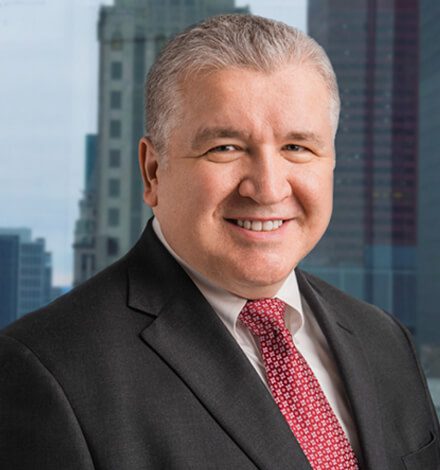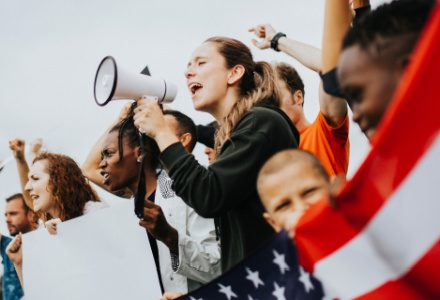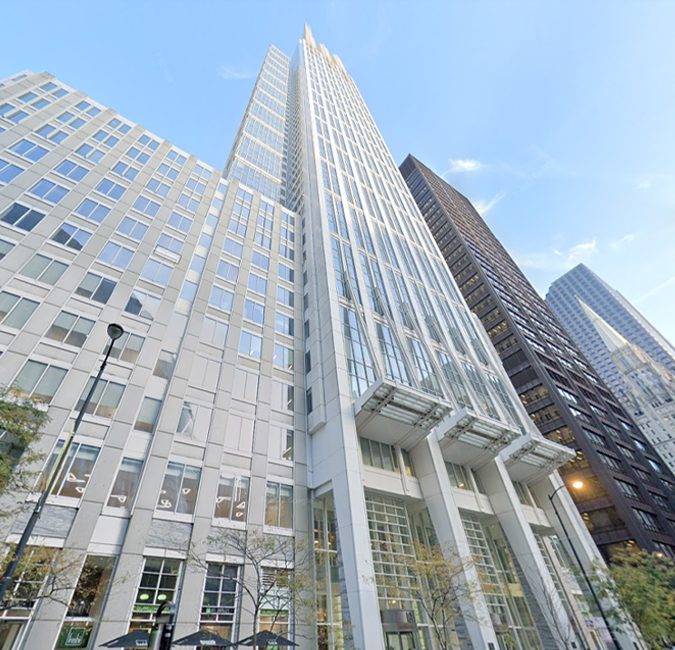Miss United States of America’s Rule That Only Biological Women Can Participate in its Pageants Is Protected by the First Amendment From a Discrimination Claim Brought by a Transgender Women (A Biological Male): Green v. Miss United States of America, LLC, 52 F.4th 773 (9th Cir. 2022).
Miss United States of America (“Miss USA”) operates beauty pageants throughout the United States. Miss USA has a rule that limits participation in its beauty pageants to biological women. The beauty pageants Miss USA organizes are competitive events, and it is “commonly understood that pageants are generally designed to express the ‘ideal vision of American womanhood.’” The Ninth Circuit found that “[g]iven a pageant’s competitive and performative structure, it is clear that who competes and succeeds in a pageant is how the pageant speaks.” The court went on to state that “this message could be delivered only by excluding certain people from performing.”
The plaintiff is a biological male who identifies as a woman. The plaintiff’s request to participate in a Miss USA pageant was denied and he sued Miss USA for discrimination under Oregon’s Public Accommodations Act. Miss USA moved to have the case dismissed on two grounds. First, Miss USA’s limiting the participants in its pageants to biological women represented expressive conduct by Miss USA, and that forcing Miss USA to treat transgender women as biological women would constitute unconstitutional compelled speech. Second, Miss USA argued that the First Amendment’s right of association allows them to limit participation in its pageants to biological women.
The District Court dismissed the plaintiff’s claim on the ground that Miss USA’s rule was protected by the First Amendment’s right to freedom of association.
On appeal, the Ninth Circuit held that Miss USA’s biological female rule was critical to Miss USA’s expression of its beliefs and was protected by the First Amendment. The majority opinion did not rule on Miss USA’s freedom of association claim.
The court’s decision was framed as a compelled speech case. The Ninth Circuit stated that Miss USA “does not believe that biological males who identify as female are women.” According to the Ninth Circuit, Miss USA wants it pageants to express the ideal of female beauty, which Miss USA believes is limited to biological women. Forcing Miss USA to allow biological males to complete in its pageants would compel Miss USA to express, through its pageants, a position it does not want to express and with which it disagrees. The Ninth Circuit stated that Miss USA’s “[n]ot accepting Green reinforces the Pageant’s message that the ideal model of femininity is necessarily biologically female, while being forced to include Green necessarily contradicts that message.”
The Ninth Circuit’s analysis in Green shows the critical importance of identifying the message or expression the defendant wants protected. In Green, Miss USA presented its message concerning female beauty by organizing competitions in which biological women competed against one another. Miss USA’s message concerning feminine beauty was the product of this collective activity. The Ninth Circuit relied on the Supreme Court’s decision in Hurly v. Irish-American Gay, Lesbian, and Bisexual Group of Boston, 515 U.S. 557 (1995), in which the Court held that the organizers of the Boston St. Patrick’s Day Parade could exclude an organization from its parade whose message the parade organizer considered inconsistent with the message it wanted the parade to express. The Ninth Circuit quoted the following from Hurly: “[the parade’s] overall message is distilled from the individual presentations along the way, and each unit’s expression is perceived by spectators as part of the whole.” Miss USA’s message concerning female beauty was fundamentally connected to and created by the individual actions of the biological women competing in the pageants.
While some people strongly disagree with Miss USA’s position that transwomen are not women, Miss USA has a First Amendment right to express its view. The First Amendment protects both popular and unpopular expressions. The First Amendment also protects messages that many find offensive and morally wrong. Indeed, if First Amendment protections depended on the absence of any offended sensibilities, these prot ections would cease to exist.
The decision in Green shows the growing tension between anti-discrimination and anti-harassment laws and First Amendment rights. These types of disputes are not going to end anytime soon.
The rights afforded to Americans by the First Amendment are at the heart of our nation’s identity. As a dedicated Chicago civil rights attorney, George M. Sanders is committed to defending your First Amendment rights and safeguarding your freedom to speak out, even when your views may be unpopular or controversial. If your civil rights have been violated, get in touch with him today.
Previous Post
A Censorship Case Study
In October 2020, the New York Post published a story about possible corruption by the Biden family. These allegations were based on information contained...
NEXT Post
A Passenger In A Car Stopped By a Police Officer May Have A First Amendment Right to Livestream the Traffic Stop: Sharpe v. Winterville Police Dept., 59 F.4th 674 (4th Cir. 2023)
The plaintiff was a passenger in a car that was stopped by two police officers of the Winterville Police Department. The plaintiff alleged that...







